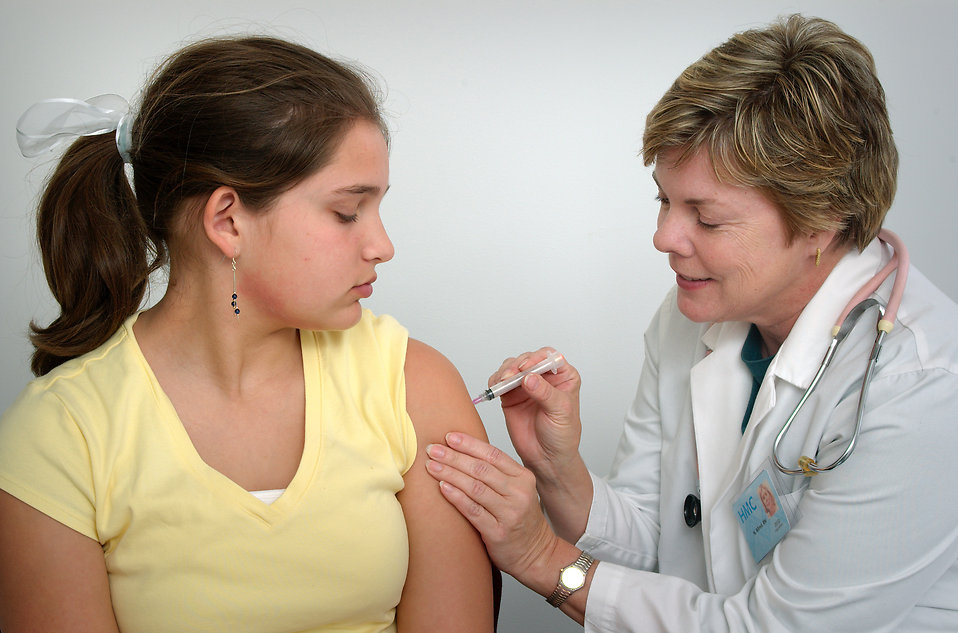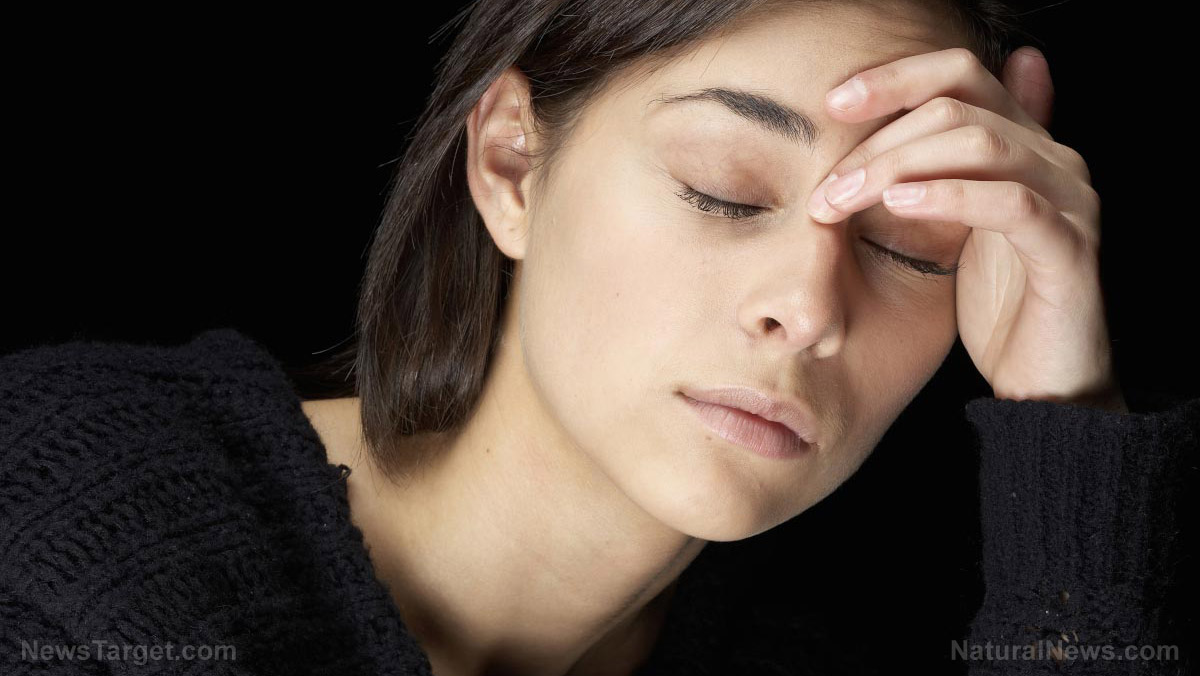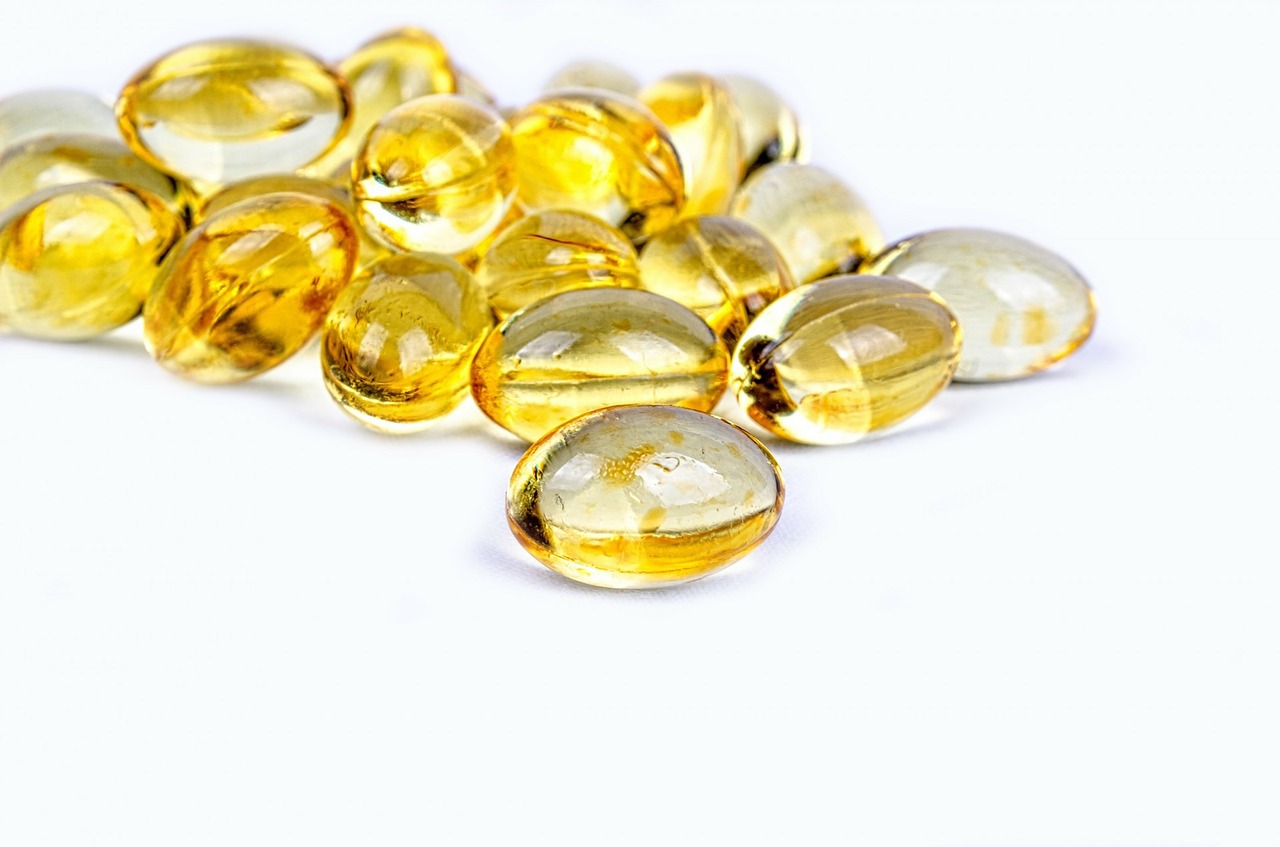HPV vaccine may make it more difficult for women in their late 20s to become pregnant
01/31/2019 / By Isabelle Z.

There is now yet another reason to steer clear of the HPV vaccine: A study shows it causes women who are in their late 20s to have trouble becoming pregnant.
The study, which was published in the Journal of Toxicology and Environmental Health, analyzed information of eight million women aged 25 to 29 taken from the National Health and Nutrition Examination Survey between 2007 and 2014. The data showed that 60 percent of the women who didn’t get the vaccine had gotten pregnant at least once, while just 35 percent of those who did get the shot had conceived. Three quarters of married women who didn’t get the shot were able to conceive, versus just half of those who did get the jab.
Birth rates among American women aged 25 to 29 have dropped from 118 per 1,000 women to just 105 per 1,000 women in recent years, and it’s believed that the HPV vaccine has played a role in this decline. Lots of reports of women suffering primary ovarian failure as a result of the vaccine started to emerge as soon as it went into circulation.
In light of these findings, the researchers calculated that if 100 percent of the women in the study had been given the HPV vaccine, the number of women who have ever conceived would have dropped by a remarkable 2 million. This prompted them to call for additional studies into the effects of the shot on fertility.
Negative effects of HPV vaccine extend far beyond fertility
Those who aren’t concerned about their chances of conceiving should still steer clear of the vaccine as its dangers don’t end at its threat to fertility. So far, more than 57,000 adverse events related to the vaccine have been reported to the government’s Vaccine Adverse Event Reporting System, and 419 deaths have been blamed on the shot. This makes it the most dangerous vaccine in terms of adverse events, handily outnumbering those of other harmful vaccines.
In 2016, the American College of Pediatricians warned that the HPV vaccine could cause premature ovarian failure, also known as premature menopause. They pointed out that the vaccine’s effects on ovarian function in the long term were not assessed during safety studies in rats or in human vaccine trials, and they said that most physicians aren’t even aware of the association and are unlikely to be reporting cases of the condition or missing menstrual periods to the Vaccine Adverse Event Reporting system.
Moreover, they added that a large proportion of the girls who participated in the original trials had been taking hormonal contraceptives, which are known to mask amenorrhea, ovarian failure, and other types of ovarian dysfunction.
Some people have also complained of problems like pain, paralysis, sleep disturbances, headaches, nausea, and psychiatric disturbances following the vaccine.
The vaccine is so questionable, in fact, that a former pharmaceutical doctor for the manufacturer of the Gardasil vaccine, Merck, has said he believes it will become one of the biggest medical scandals of our time.
Dr. Bernard Dalbergue was quoted in a French magazine called Principes de Sante as saying: “The evidence will add up to prove that this vaccine, technical and scientific feat that it may be, has absolutely no effect on cervical cancer and that all the very many adverse effects which destroy lives and even kill, serve no other purpose than to generate profit for the manufacturers.”
That really tells you everything you need to know about this deadly vaccine. It’s outrageous that a vaccine that robs women of the chance to have children and has been associated with so many injuries and deaths continues to be pushed on the masses.
Sources for this article include:
Tagged Under: Big Pharma, child health, depopulation, Fertility, Gardasil, HPV, HPV vaccine, Infertility, side effects, Vaccine dangers, women's health


















